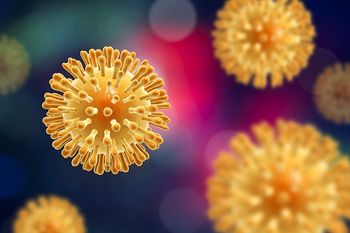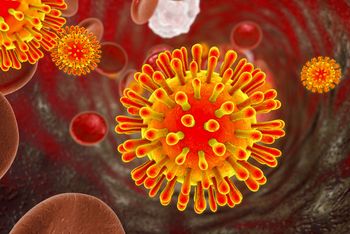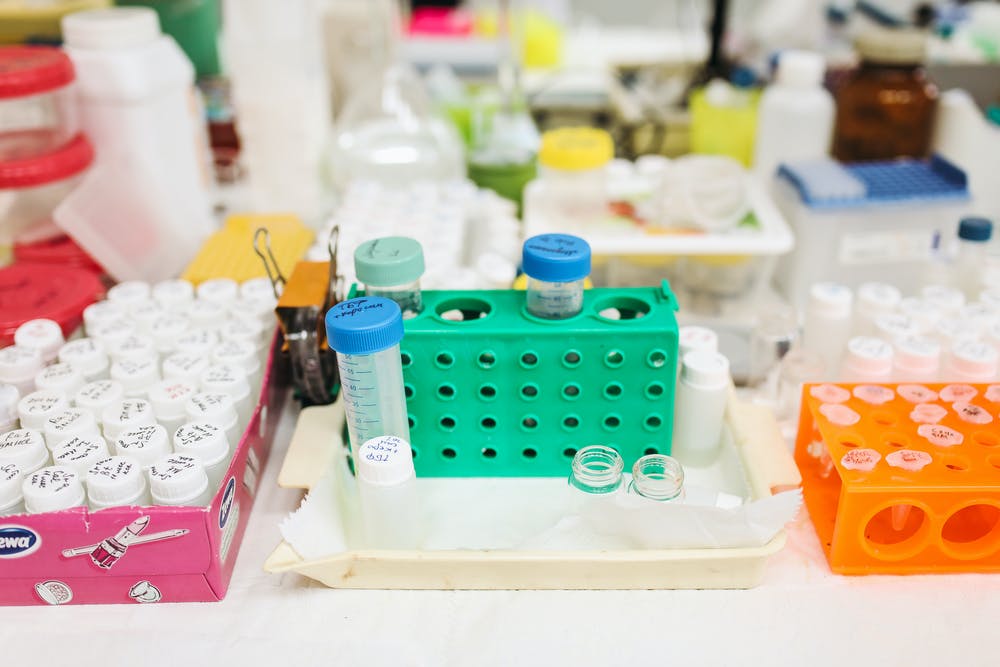
Sexually Transmitted Diseases
Latest News
Latest Videos

CME Content
More News

In testing, fingolimod blocked cell-free and cell-to-cell transmission of HIV, reducing latent virus.

Study explores the antiviral mechanisms of C19orf66, an interferon-induced inhibitor.

Conversations about PrEP with a clinician are the least common among adolescents with the greatest risk for HIV.

A hospital case series of patients with both COVID-19 and HIV describes recovery, but highlights the need to refine treatment.

The CDC is calling for all adults to get tested for hepatitis C after the annual rate of infections tripled between 2009 and 2019.

The 2 new recommendations are for HCV screening at least once for all adults aged 18 years or older and HCV screening for women during each pregnancy.

HIV training pathways in residency have added 90 HIV physicians to the workforce since 2006.

Funded jurisdictions scramble to meet daunting deadlines yet maintain optimism that the new federal initiative can end flat funding and catalyze progress.

When drug resistance means ART options are exhausted, HIV patients need newer choices. A new study shows that novel prodrug fostemsavir is an effective alternative.

With advancements in antiretroviral therapy, people with HIV are now living longer and developing age-related chronic conditions.















Relying solely on blood tests means clinicians may miss cases of potentially deadly M tuberculosis—and waiting days to treat suspected cases could prove fatal.












































































































































